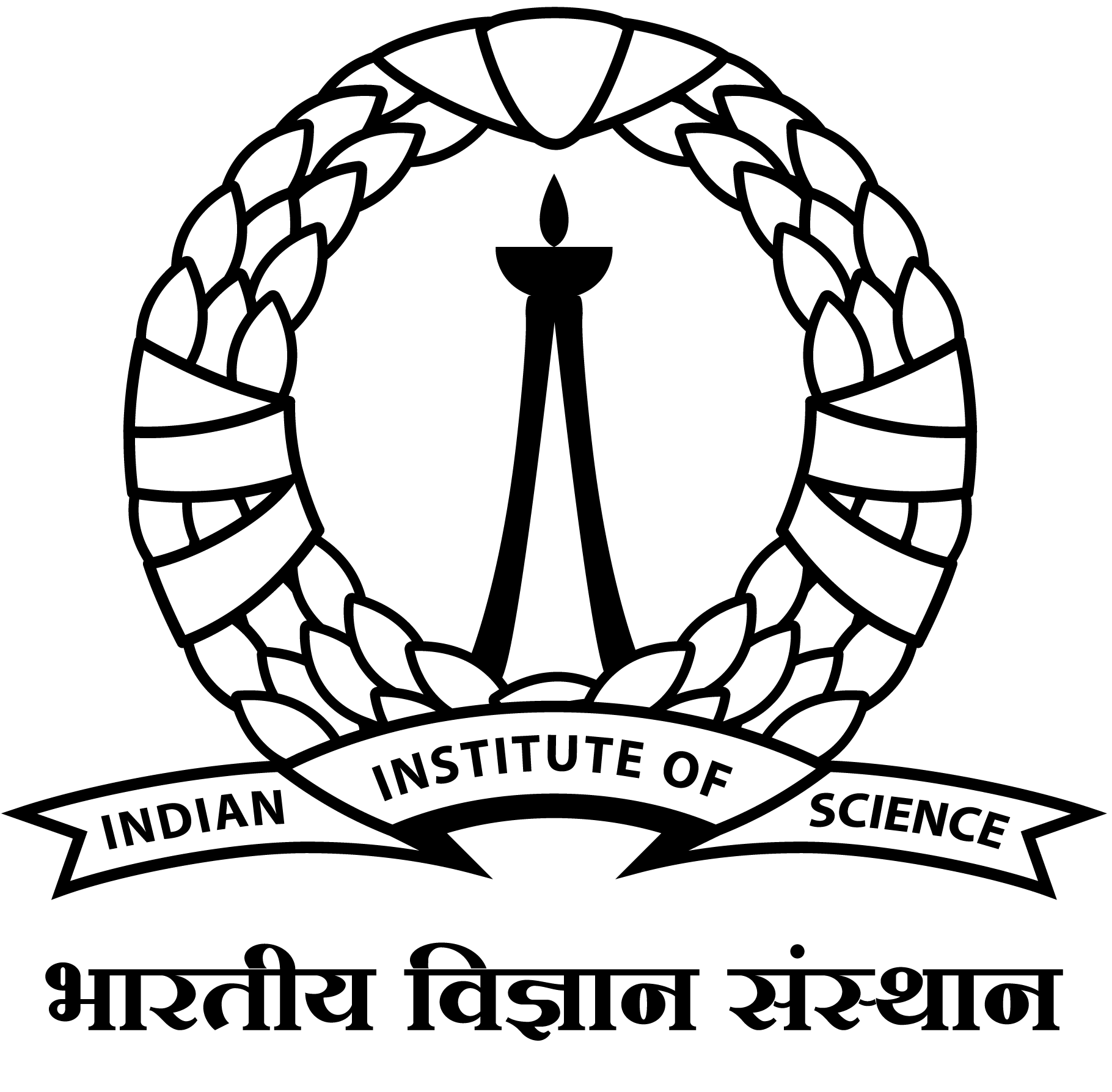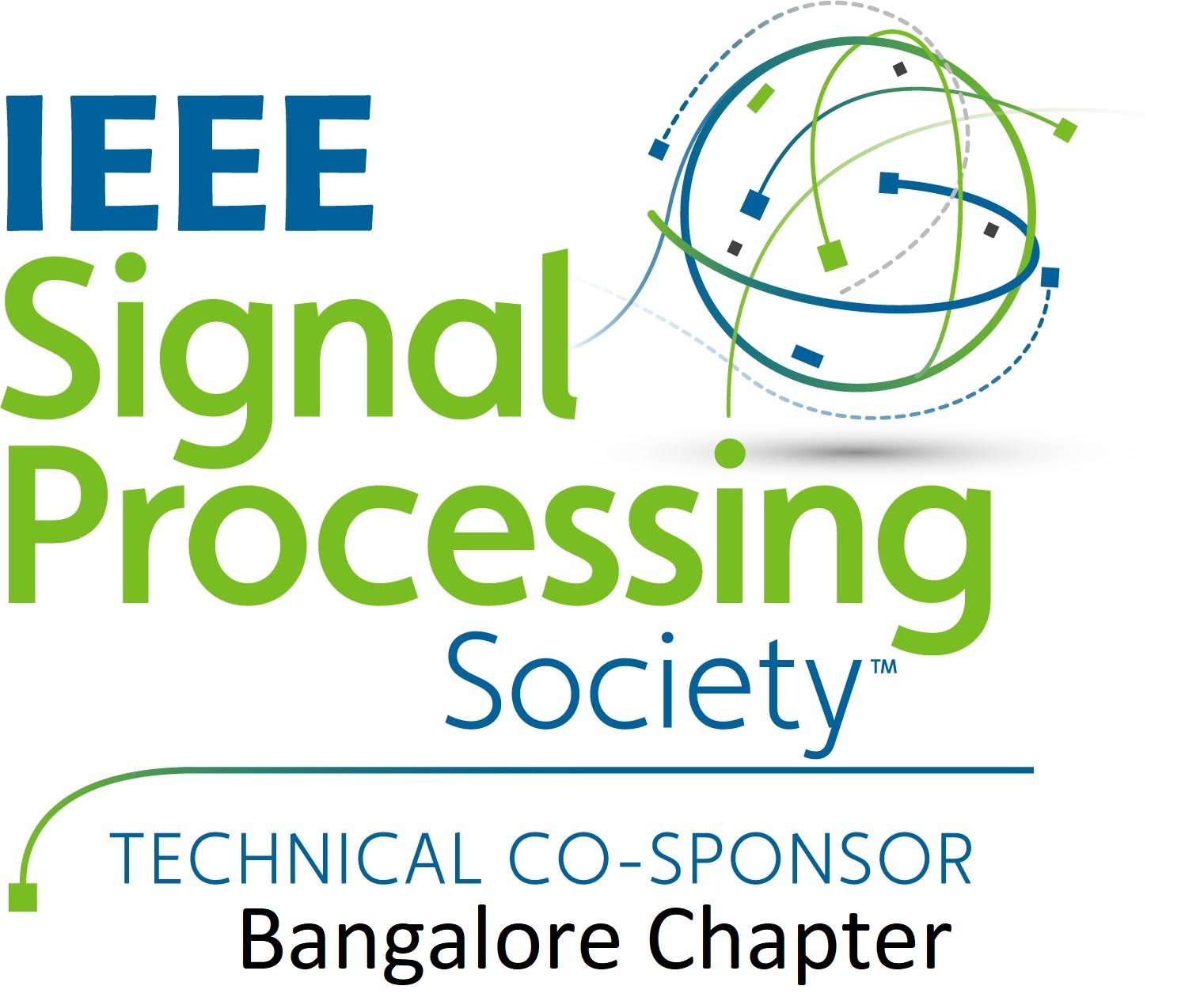












Parimal Parag is an Assistant Professor in the Department of Electrical Communication Engineering at Indian Institute of Science, Bengaluru. Prior to that, he was a senior system engineer (R&D) at ASSIA Inc. in Redwood City from 2011 to 2014. He received a Ph.D. degree from the Texas A&M University in 2011, the M.Tech. and B.Tech. degrees in 2004 from Indian Institute of Technology Madras, all in electrical engineering. His research interests lie in the design and analysis of large scale distributed systems. He was a co-author of the 2018 IEEE ISIT student best paper, and a recipient of the 2017 early career award from the Science and Engineering Research Board.

Nikhil Karamchandani is an assistant professor at the Department of Electrical Engineering, IIT Bombay. He received the Ph.D. degree from the Department of Electrical and Computer Engineering, University of California at San Diego, in 2011. From 2011 to 2014, he was a post-doctoral Scholar with the University of California at Los Angeles and the Information Theory and Applications (ITA) Center, University of California at San Diego. His research interests include networks, information theory, and online learning. He received the California Institute for Telecommunications and Information Technology (CalIT2) Fellowship in 2005, the INSPIRE Faculty Fellowship in 2015, and the Best Paper Award at COMSNETS 2017.

Siva Theja is an Assistant Professor in the School of Industrial and Systems Engineering at Georgia Tech. Before that, he was a Research Staff Member in the Mathematical Sciences Department at IBM T. J. Watson Research Center. He obtained his Ph.D. and MS in ECE as well as MS in Applied Math from UIUC, and B.Tech in Electrical Engineering from IIT Madras. His research interests are broadly in Control, Optimization, Algorithms and Applied Probability. In particular, he works on Reinforcement Learning theory, and scheduling, resource allocation and revenue optimization problems that arise in a variety of systems including Data Centers, Cloud Computing, Wireless Networks, Block Chains, and Ride hailing systems. He is a recipient of the biennial “Best Publication in Applied Probability” award in 2017 and the “CTL/BP Junior Faculty Teaching Excellence Award” in 2020.
Abstract: Stochastic Approximation (SA) is a popular approach for solving fixed point equations where the information is corrupted by noise. In this paper, we consider an SA involving a contraction mapping with respect to an arbitrary norm, and show its finite-sample bound for using either constant or diminishing step sizes. The idea is to construct a smooth Lyapunov function using the generalized Moreau envelope, and show that the iterates of SA are contracting in expectation with respect to that Lyapunov function. The result is applicable to various Reinforcement Learning (RL) algorithms. In particular, we use it to establish the first-known convergence rate of the V-trace algorithm for the off-policy TD-Learning. Importantly, our construction results in only a logarithmic dependence of the convergence bound on the state-space dimension.

Vaneet Aggarwal received the B.Tech. degree in 2005 from the Indian Institute of Technology, Kanpur, India, and the M.A. and Ph.D. degrees in 2007 and 2010, respectively from Princeton University, Princeton, NJ, USA, all in Electrical Engineering. He is currently an Associate Professor at Purdue University, West Lafayette, IN, where he has been since Jan 2015. He was a Senior Member of Technical Staff Research at AT&T Labs-Research, NJ (2010-2014), Adjunct Assistant Professor at Columbia University, NY (2013-2014), and VAJRA Adjunct Professor at IISc Bangalore (2018-2019). His current research interests are in communications and networking, cloud computing, and machine learning.
Dr. Aggarwal received Princeton University's Porter Ogden Jacobus Honorific Fellowship in 2009, the AT&T Vice President Excellence Award in 2012, the AT&T Key Contributor Award in 2013, the AT&T Senior Vice President Excellence Award in 2014, the 2017 Jack Neubauer Memorial Award recognizing the Best Systems Paper published in the IEEE TRANSACTIONS ON VEHICULAR TECHNOLOGY, and the 2018 Infocom Workshop HotPOST Best Paper Award. He is on the Editorial Board of the IEEE Transactions on Communications, the IEEE Transactions on Green Communications and Networking, and the IEEE/ACM Transactions on Networking.
Abstract: In the optimization of dynamic systems, the variables typically have constraints. Such problems can be modeled as a constrained Markov Decision Process (MDP). In this talk, we will provide a model-free approach to the problem, where the transition probabilities are not known. Both peak and long-term constraints will be discussed. For both these types of constraints, the proposed algorithms achieve sub-linear objective regret and sub-linear constraint violation. The problem with long-term constraints have stochastic solution (the probability of action given state is not deterministic in general), and standard adaptations of Q-learning based methods do not work. We use tools from game theory, optimization, and Q-learning to propose an algorithm with sub-linear regret analysis. The proposed algorithms are validated on energy harvesting communication and queueing problems. This is joint work with Qinbo Bai and Ather Gattami.

Vyas Sekar is the Angel Jordan Early Career Chair Associate Professor in the ECE Department at Carnegie Mellon University, with a courtesy appointment in the Computer Science Department. His research is in the area of networking, security, and systems and spans network appliances or middleboxes, network management, network security, Internet video, and datacenter networks. Vyas received a B.Tech from the Indian Institute of Technology, Madras where he was awarded the President of India Gold Medal, and a Ph.D from Carnegie Mellon University. He is the recipient of the NSF CAREER award and the ACM SIGCOMM Rising Star Award. His work has received best paper awards at ACM Sigcomm, ACM CoNext, and ACM Multimedia, the NSA Science of Security prize, the CSAW Applied Security Research Prize. His work has also been fast-tracked and invited for publication in the Communications of the ACM and the IEEE Transactions on Networking. He has published papers in top-tier networking/systems/security conferences such as SIGCOMM, NSDI, IEEE Security and Privacy, SIGMETRICS, IMC, CoNext and 60+ peer-reviewed papers overall. He has served on numerous program committees including SIGCOMM, NSDI, IEEE Symposium on Security and Privacy, ACM CCS, ACM Internet Measurement Conference, ISOC NDSS, co-chaired the ACM CoNext Student Workshop, and has served on the organization committees of ACM SIGCOMM and ACM CoNext.
Abstract: Limited data access has been and continues to be a barrier to data-driven research and development in the networked systems community. In this work, we explore if and how generative adversarial networks (GANs) can be used to in-centivize data sharing by providing a generic framework for sharing synthetic datasets across multiple workloads and use cases, with minimal expert knowledge. As a specific target, our focus in this paper is on time series datasets withmetadata (e.g., packet loss rate measurements with corre-sponding ISPs). We identify key challenges of existing GAN approaches for such workloads with respect to fidelity (e.g.,long-term dependencies, complex multidimensional relation-ships, mode collapse) and privacy (i.e., existing guarantees are poorly understood and can sacrifice fidelity). To improve fidelity, we design a custom workflow called DoppelGANgerand demonstrate that across diverse real-world datasets (e.g.,bandwidth measurements, cluster requests, web sessions)and use cases (e.g., structural characterization, predictive modeling, algorithm comparison), DoppelGANger achieves up to 43% better fidelity than baseline models. However, DoppelGANger does need some hints from domain experts to achieve these gains. With respect to privacy, we identify fun-damental challenges with both classical notions of privacy as well as recent advances to improve the privacy properties of GANs, and suggest a potential roadmap for addressing these challenges. By shedding light on the promise and challenges, we hope our work can rekindle the conversation on workflows for data sharing

Srinivas Shakkottai received a PhD in 2007 in Electrical and Computer Engineering from the University of Illinois at Urbana- Champaign. He was a postdoctoral scholar in Management Science and Engineering at Stanford University in 2007. He joined Texas A&M University in 2008, where he is currently a professor of Computer Engineering at the Dept. of Electrical and Computer Engineering. His research interests include caching and content distribution, wireless networks, learning and game theory, as well as network data analytics. Srinivas is the recipient of the Defense Threat Reduction Agency Young Investigator Award (2009) and the NSF Career Award (2012), as well as research awards from Cisco (2008) and Google (2010). He also received an Outstanding Professor Award (2013), the Select Young Faculty Fellowship (2014), and the Engineering Genesis Award (2019) at Texas A&M University.
Abstract: Crucial performance metrics of a caching algorithm include its ability to quickly and accurately learn a popularity distribution of requests. However, a majority of work on analytical performance analysis focuses on hit probability after an asymptotically large time has elapsed. We consider an online learning viewpoint, and characterize the “regret” in terms of the finite time difference between the hits achieved by a candidate caching algorithm with respect to a genie-aided scheme that places the most popular items in the cache. We first consider the Full Observation regime wherein all requests are seen by the cache. We show that the Least Frequently Used (LFU) algorithm is able to achieve order optimal regret, which is matched by an efficient counting algorithm design that we call LFU-Lite. We then consider the Partial Observation regime wherein only requests for items currently cached are seen by the cache, making it similar to an online learning problem related to the multi-armed bandit problem. We show how approaching this “caching bandit” using traditional approaches yields either high complexity or regret, but a simple algorithm design that exploits the structure of the distribution can ensure order optimal regret. We conclude by illustrating our insights using numerical simulations. This work is in collaboration with Desik Rengarajan, Archana Bura, Dileep Kalathil, and Jean-Francois Chamberland, all at Texas A&M University.